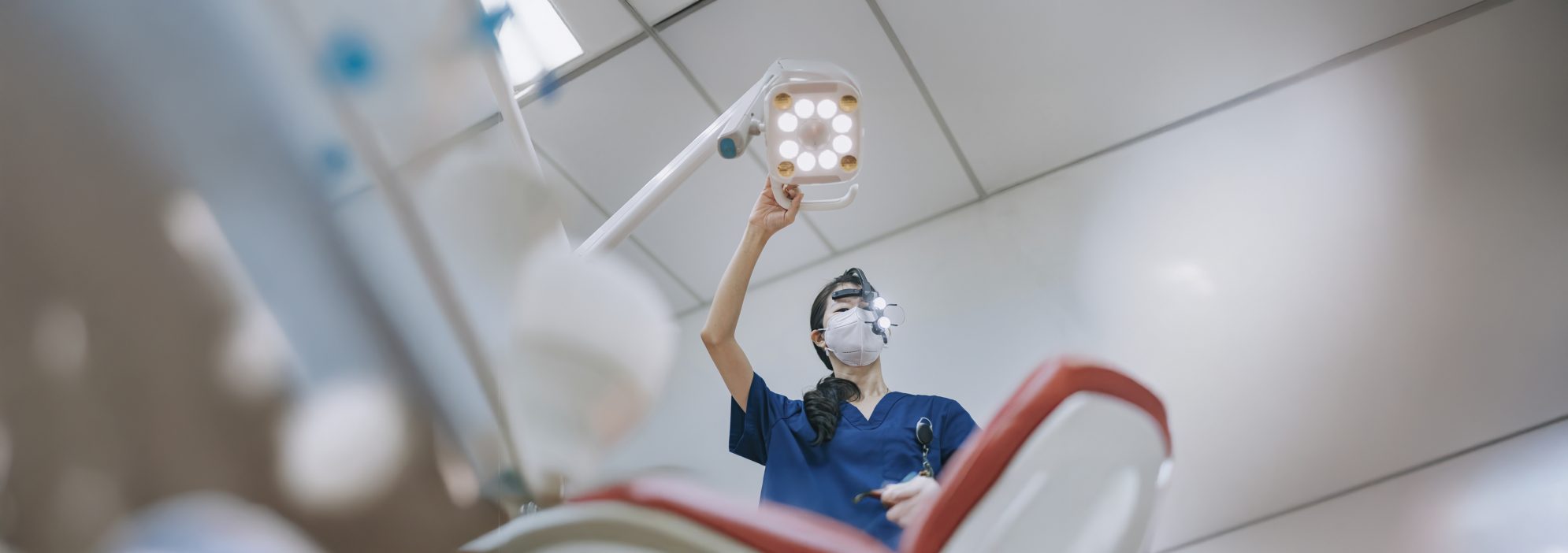
Keeping the healthcare lights on – reflections from Nick Samuels, director of healthcare, following NHS ConfedExpo 25
NHS ConfedExpo 25, the annual conference for NHS organisations and leaders, is always a stimulating event.
But it reminds me of what an experienced journalist said to me once, when I was over-excited about a piece of NHS policy (yes – it happens!). Our readers aren’t interested in NHS wiring stories, they want to be confident they can get their hip replaced quickly or secure a GP appointment easily.
What happens at NHS ConfedExpo is almost totally behind the scenes of what the public thinks about or experiences. Very few connect the almost bewildering complexity of modern healthcare and science with their own experience of getting their prescription, going to an appointment or having a test, scan or operation. And why should they? If we’re worried about our health, a diagnosis or treatment, we don’t want to think about how it’s sorted, we just want it sorted.
At NHS ConfedExpo, they don’t exactly worry, but they do challenge themselves: how do we do it; can we do it; how do we pay for it; will we be funded for it; what people, equipment, technology, organisation, skills, resources do we need to do it; how we do it better – and what does better look like?
Healthcare is different from most industries in terms of production, provision and consumers. Most industries compete for consumers and sales, not socialised healthcare. In healthcare, we think about how to minimise consumer need (stay healthy) and ensure consumers get what they need in the most effective and efficient way possible.
It’s that separation of the consumer from the producer that creates a totally different communications dynamic. In that respect, it’s a bit like electricity, I expect it to be there when I turn it on and don’t think about it. When there’s no light or heat after I flick the switch, then I worry. And that’s where the two connected worlds collide, as opposed to coexist. How do we keep the healthcare lights on?
At NHS ConfedExpo, that’s what it’s all about. There are many ideas, technologies and ideologies. As demand grows, so do answers to it – some experimental, some tried and tested, some that will fail, some which are genius and some that are bonkers. And we don’t always know which is which.
Two strong themes were apparent to me. Tech and data are here big time, making the most noise. They dominated the exhibition and the sponsorship opportunities, and it feels slightly gold rushish as their offerings are coming at the furious pace that tech moves. The NHS struggles with that sort of pace.
Secondly, reform, reform, revolution, reform. It’s what everyone’s thinking and talking about, because the new plans, which are all about reform, doing things differently, harnessing technology, abandoning old ways of working, are on their way. The problem (or excitement) for a conference like NHS ConfedExpo was that the plans aren’t quite here yet; cue fevered speculation.
NHS ConfedExpo is all about communications – marketing, debating, discussing, networking, positioning, managing reputations, promoting strategies, testing ideas and engaging audiences. It’s my friend’s wiring that keeps the lights on. There’s a whole other world of communications that is designed to help you live well in that light, without it and in as sustainable a way as possible.
Both sides of the switch need to think a little more about each other. For although, as Otto Von Bismark’s misquote says “Laws are like sausages. It’s better not to see them being made”, we, too often, get the healthcare we are given because we haven’t thought about how it is planned. And policy makers need to understand their consumers better if their services are going to serve their needs effectively.
There is a huge amount of involvement, engagement and coproduction work that goes on across this divide and, as communicators with a seat at the decision-making table, we are there to help enlighten a wiring story.
Nick Samuels, director of healthcare, attended the NHS ConfedExpo in June 2025.
